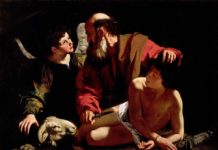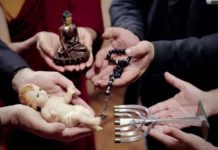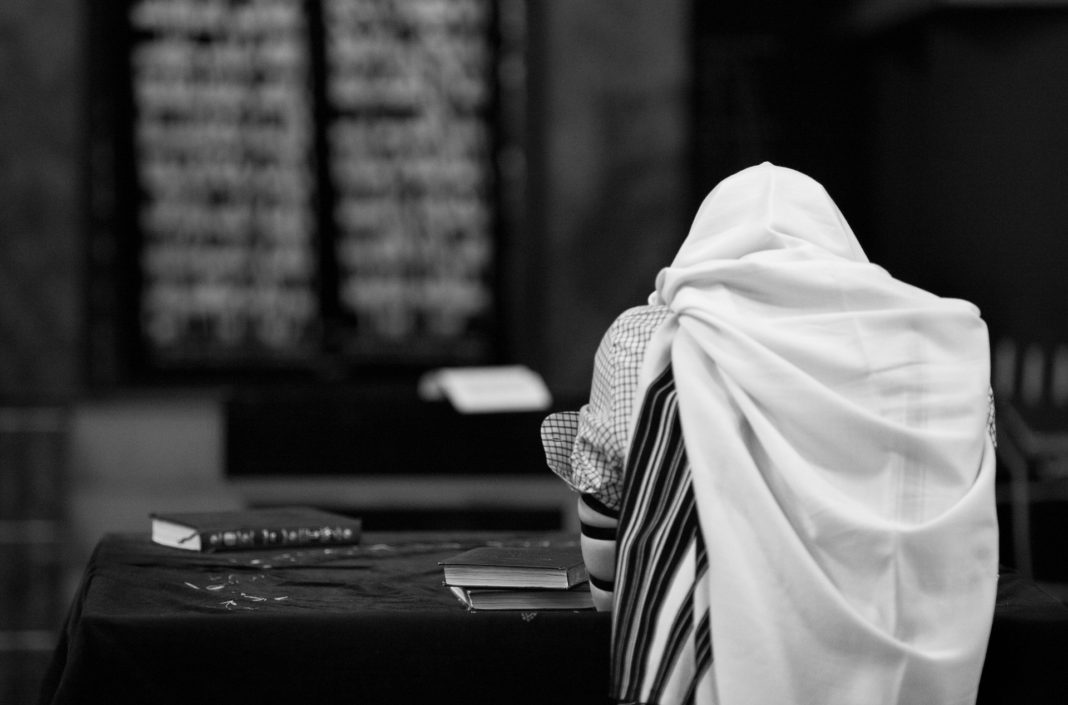Another Yom Kippur has come and passed this year. Which reminded me of a curious detail about the event that I believe few are aware of. Yom Kippur, which is also called the Day of Atonement, is the holiest day of the Jewish calendar. And on this day every year synagogues around the world gather for the afternoon service to observe a very special tradition. The retelling of the story of the prophet Jonah.
If you are familiar with the day of atonement and the story of Jonah you may find these events a curious a pairing. Particularly considering the deep and solemn introspection required of Israel on this day (Leviticus 23:27) and the oddity of retelling a story completely centered on God’s interactions with one of Israels greatest historical enemies.
The late Nahum Sarna who was a professor of biblical studies at Brandeis University sums up the situation quite perfectly in an article for journal The Bible Review in August 1990.
“What is remarkable is that the work is not at all about Israel. The sinners and penitents and the sympathetic characters are all pagans, while the anti-hero, the one who misunderstands the true nature of the one God, is none other than the Hebrew prophet. He is the one whom God must teach a lesson in compassion.”
Although perhaps not immediately obvious, one of the main reasons for the retelling of Jonah is that in it the themes of sin, judgement, repentance, and forgiveness are fully developed and form a complete picture and all within the space of only 4 short chapters!
Rabbi Menachem Posner of the Jewish website Chabad.org adds that “The story of Jonah teaches us how no one is beyond the reach of God’s hand.” The emphasis on “no one” is mine, but it highlights the fact that in the story of Jonah we are talking about a people outside of the “people of God”. I want to make that explicit because it forces us to realize two things.
First, notice in Jonah that the charge against the Ninevites is quite general
Jonah 1:2 NASB
“Arise, go to Nineveh the great city and cry against it, for their wickedness has come up before Me.”
The somewhat vague “wickedness” in Jonah 1:2 is the only charge against Nineveh given, and the only clue we have as to what this wickedness might have entailed is found in Jonah 3:8.
Jonah 3:8 NASB
“But both man and beast must be covered with sackcloth; and let men call on God earnestly that each may turn from his wicked way and from the violence which is in his hands. “
The Hebrew word “raw-aw” (Strongs #H7489) translated as “violence here is also often translated as “cruelty” and “injustice” elsewhere in the Old Testament. According to Professor Sarna this is interesting becuase it implies that the sins of Nineveh were “predominantly moral in nature”. This is actually very similar to the charge against Sodom and Gomorrah against whom the only explicit sin given was
Ezekial 16:49 NIV
“‘Now this was the sin of your sister Sodom: She and her daughters were arrogant, overfed and unconcerned; they did not help the poor and needy.”
Taken together these stories give strong evidence for the teaching of human responsibility and accountability to God, even in lands where the knowledge of God is either minimal or available but not taken seriously. But according to the Bible the Ninevites, unlike Sodom and Gomorrah, actually did take their warning seriously, despite this fact however, as far as we know, they were given NO guidance from Jonah as to what to do about their “wickedness”.
Jonah 3:4 NASB
Then Jonah began to go through the city one day’s walk; and he cried out and said, “Yet forty days and Nineveh will be overthrown.”
That was it, one eight word sentence is all they got according to scripture. Now, I certainly don’t want to ignore the fact that due to the long standing animosity between Israel and Nineveh it’s highly unlikely that the Ninevites wouldn’t have had some knowledge about Israel’s history and their God. Nevertheless, that knowledge would have been extremely short on details about what the God of Israel might have required on Nineveh’s part to make atonement for their wickedness. With that in mind consider the proclamation of the king to his people in chapter 3.
Jonah 3:7-9 NASB
He issued a proclamation and it said, “In Nineveh by the decree of the king and his nobles: Do not let man, beast, herd, or flock taste a thing. Do not let them eat or drink water. But both man and beast must be covered with sackcloth; and let men call on God earnestly that each may turn from his wicked way and from the violence which is in his hands. Who knows, God may turn and relent and withdraw His burning anger so that we will not perish.”
The words in this proclamation, considering they come from a king who’s nation has been found worthy of complete annihilation, are simply astounding!
Professor Sarna summarizes the situation this way
“true repentance is determined by deeds and established by transformation of character (Jonah 3:10), not by the recitation of formulas, however fervent; its emphasis on the infinite preciousness of all living things in the sight of God (Jonah 4:10–11)”
The Bible Review, August 1990.
As the world stands in the hour of Judgement, It’s incredible just how appropriate the story of Jonah really is! It is a reminder to us just as it was to ancient Israel, that the keeping of God’s laws, regardless of how fervent, is not what God is looking for. It is the transformation of character that puts us in harmony with those laws in the first place and this is what happened in Nineveh. Paul in the book of Romans explains how this happens.
Romans 2:14-16 NASB
For when Gentiles who do not have the Law do instinctively the things of the Law, these, not having the Law, are a law to themselves, in that they show the work of the Law written in their hearts, their conscience bearing witness and their thoughts alternately accusing or else defending them, on the day when, according to my gospel, God will judge the secrets of men through Christ Jesus.
This should remind us that during these most solemn hours of judgement, we like Jonah must turn our focus from ourselves and look outward towards others. Jews believe that these noble ideas found in the Book of Jonah constitute the fundamentals of their religion and the heart of Yom Kippur. I believe they are right. And as Christians would do well to dwell to also regularly devote some time to study of these fundamentals as well.
Lastly, as we consider the story of Jonah let’s also remember this. God still calls us to turn our gaze outward, and there are still many Nineveh’s today. Places that are potentially hostile to our message, unwelcoming, and perhaps even unappealing. But Jonah reminds us that God has people in cities where God is not fully known, people who need hear the warning that soon, God is going to destroy their city, and and every city as earths history comes to a close.











